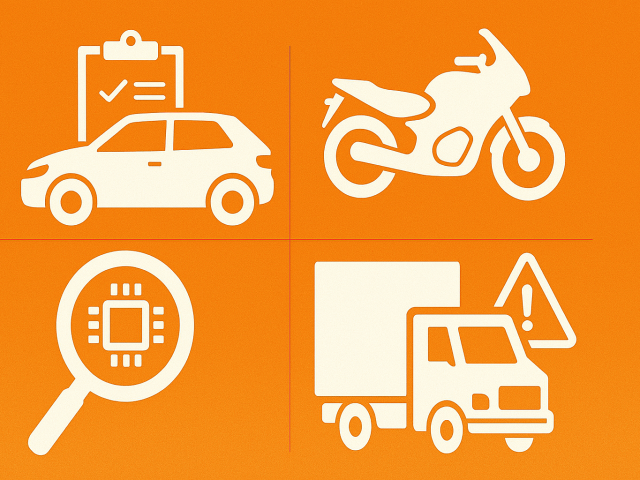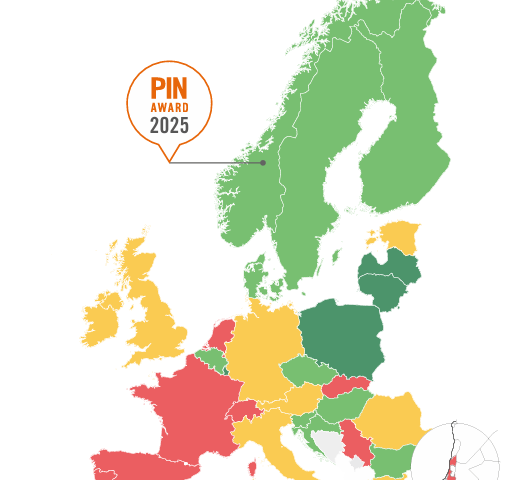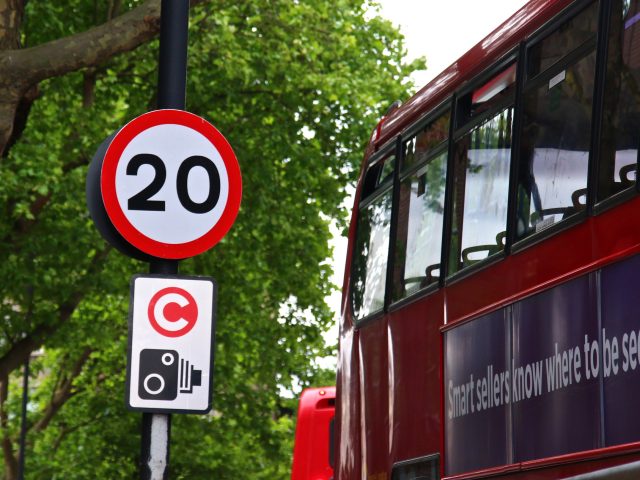Call for mandatory alcohol interlocks in vans, lorries and buses across the EU
- New report shows more than 5000 deaths a year in EU still caused by drink-driving
- Member States asked to increase enforcement and introduce rehabilitation programmes for drink-driving offenders
The EU should require alcohol interlocks to be fitted in all new professional vehicles and retrofitted to cars used by repeat drink-driving offenders. These are two of the main recommendations from the European Transport Safety Council (ETSC), authors of a new report looking at how to reduce the 5000 deaths still caused by drink-driving in the European Union each year.
In a major road safety package announced last month, the French government said all repeat drink-driving offenders would be required to install an alcohol interlock, an in-car breath testing device that prevents the vehicle from being started if the driver is over the limit. All coaches in France are already required to have the devices installed.
In September last year, Austria launched a national rehabilitation programme for drink-drivers that offers the option for drivers to install an interlock in order to get back behind the wheel before the full term of a driving ban has expired. Belgium, Denmark, Finland, The Netherlands, Poland and Sweden have introduced similar programmes as have the majority of US states.
ETSC says the programmes have proven to be one of the most effective measures for tackling repeat drink-driving offences and should be extended across the European Union.
In a review of vehicle safety regulation by the European Commission expected in May 2018, ETSC is calling for a standard electronic interface to be fitted to all new cars to make installation of an interlock easier when required by law. ETSC also says the devices should be fitted as standard on professional vehicles.
The report also highlights the progress made by EU countries including Estonia, Latvia and Denmark where deaths attributed to drink-driving have been dropping faster than other road deaths.
In Estonia, drink-driving deaths dropped by 90% over the last decade thanks in part to the highest level of alcohol roadside breath tests in the EU and introduction of a near zero tolerance (0.2 g/l) Blood Alcohol Content (BAC) limit for all drivers.
Antonio Avenoso, Executive Director of ETSC said:
“High levels of enforcement are critical to solving Europe’s drink-driving problem. And for those drivers who carry on getting behind the wheel after drinking, despite checks and sanctions, alcohol interlocks are an important and effective way of getting people rehabilitated.
“It’s also crucial that drivers entrusted with professional vehicles carrying goods or passengers must never be allowed to get behind the wheel when they are over the limit. Many fleets across Europe are already using interlock devices, it’s time they were made a standard feature.”
—
Download the ETSC report at: http://etsc.eu/progress-in-reducing-drink-driving-in-europe/
Media coverage here.
The report is published as part of the SMART project, which receives financial support from The Brewers of Europe. The contents of the publication do not necessarily represent the views of the sponsor.
Note: this press release was amended on 27/2/18 to reflect that alcohol interlocks are one of the most effective tools for tackling repeat drink driving offences.







